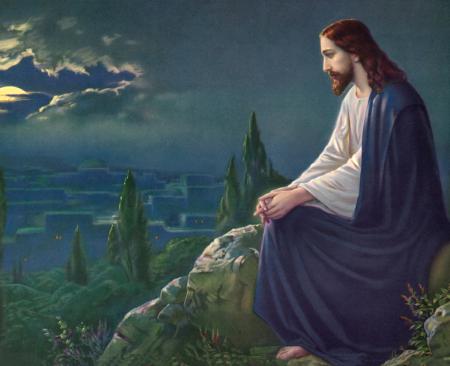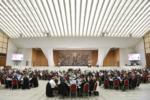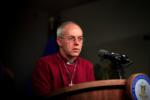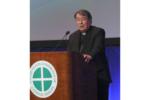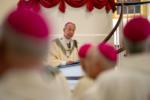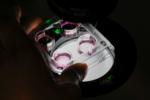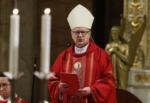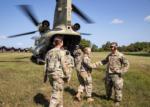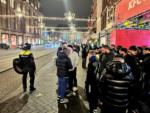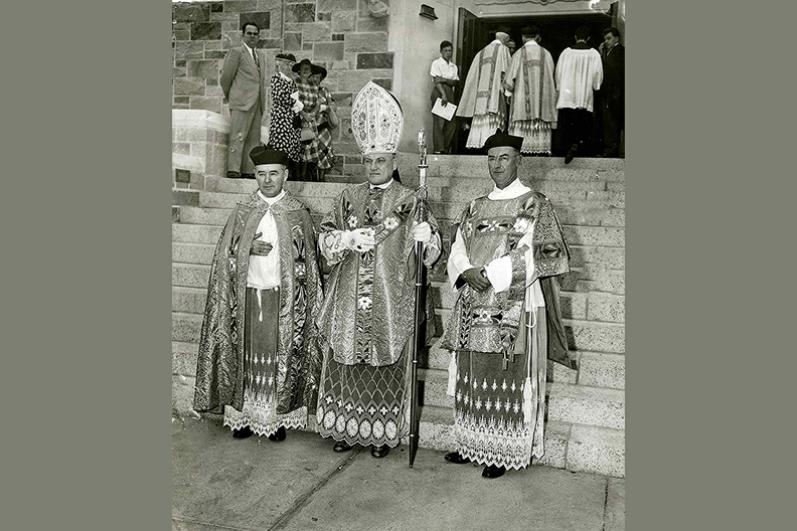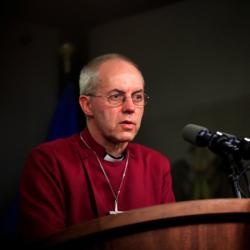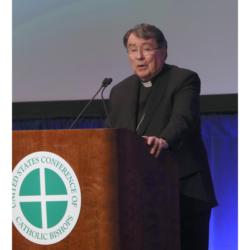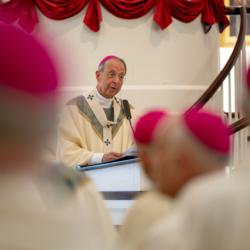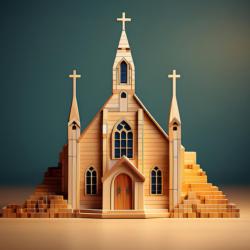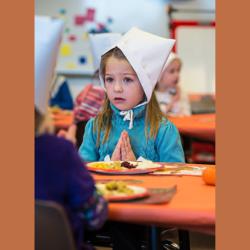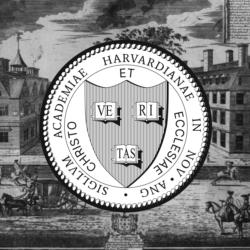The 75th anniversary of St. Ignatius of Loyola Church, Chestnut Hill
July 31 will mark the 75th anniversary of the dedication of St. Ignatius of Loyola Church in Chestnut Hill, which serves Boston College and the surrounding community.
The parish itself had been erected by Cardinal William O'Connell in November 1926, encompassing parts of Brighton and Brookline, including the Boston College campus, and placed under the direction of the Jesuit Fathers based at the college. Plans for a parish church were delayed by the outbreak of WWII, and ground was not broken until November 1947. In the meantime, parish religious services were held in an auditorium in the college library building.
The Pilot of July 23 and 30 contained two lengthy articles leading up to the dedication of the new church. Along with announcing that then-Archbishop Richard Cushing would celebrate a solemn pontifical Mass "to mark the formal opening and dedication of the new church" at 11 a.m. on July 31, the feast of St. Ignatius of Loyola, founder of the Society of Jesus. The articles provide detailed descriptions of the layout, ornamentation, and planned ceremony.
The church was called "a striking example of modern Gothic architecture (that) has a magnificent setting of ancient trees with the Parkway and the Reservoir in the background. The architect (Desmond and Lord) has endeavored to capture as much as possible the religious atmosphere of the early Gothic work, and to do this in such a short space of time, and to create something worthwhile, required serious study and much hard work."
The upper church could seat 1,000 people. The nave ceiling was described as having "graceful wood trusses springing from the decorated stone corbels (which) gives a feeling of airy openness to the interior." Appropriately, stained-glass windows told the history of the Jesuit Order, and on either side of the sanctuary cornice, the motto of the Jesuit Order, "Ad Majorem Dei Gloriam" ("To the Greater Glory of God"), was carved and accented with gold leaf.
It continues that the marble used for the steps and altar base was from Tennessee, the main and side altars were from Botticino, Italy, the Communion rail and holy water fonts were from Belgium, and the baptismal font was from Alabama.
Figures of St. Cecilia and King David, symbolizing religious music, were carved into the posts supporting the choir gallery. A pipe organ was installed by Casavant Brothers of St. Hyacinthe, Quebec, Canada.
Sculptor Angelo Cascieri provided works both interior and exterior, including the stations of the cross, which were carved from basswood in low relief with a walnut background and set in antique gold frames.
The interior and exterior light fixtures, hardware and iron work, bronze tabernacle doors, altar candlesticks and crosses, were all designed especially for the church by the architects.
There was also a lower church that could seat 500 people, and its small stage and recessed altar allowed it to be used as a small auditorium when required. Outside the lower church was a meeting hall intended to fit 200 people with a modern kitchen attached.
When dedication day arrived, the ceremony scheduled for 11 a.m. was preceded by Masses at 5:30, 6, 7, 8, 9, and 10 a.m. earlier that morning. Among the lengthy list of clergy present for the occasion were Father John J. McEleney, provincial of the New England Province of the Society of Jesus, and Father William L. Keleher, president of Boston College, and music was provided by the Weston College Choir.
A regular schedule would commence the following day, with daily Mass being offered at 7, 7:30, and 8:15 each morning.
Information, including current Mass times and parish events, can be found on the parish website: www.stignatiuschestnuthill.org.
- Thomas Lester is the archivist of the Archdiocese of Boston.
